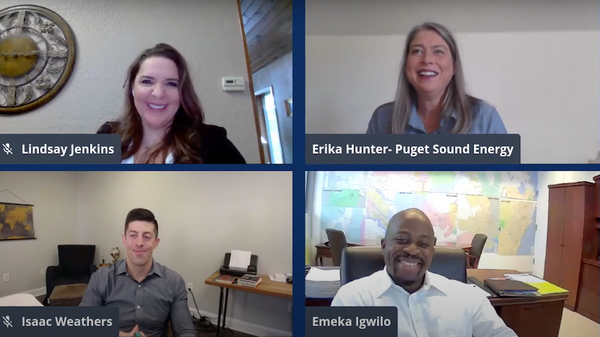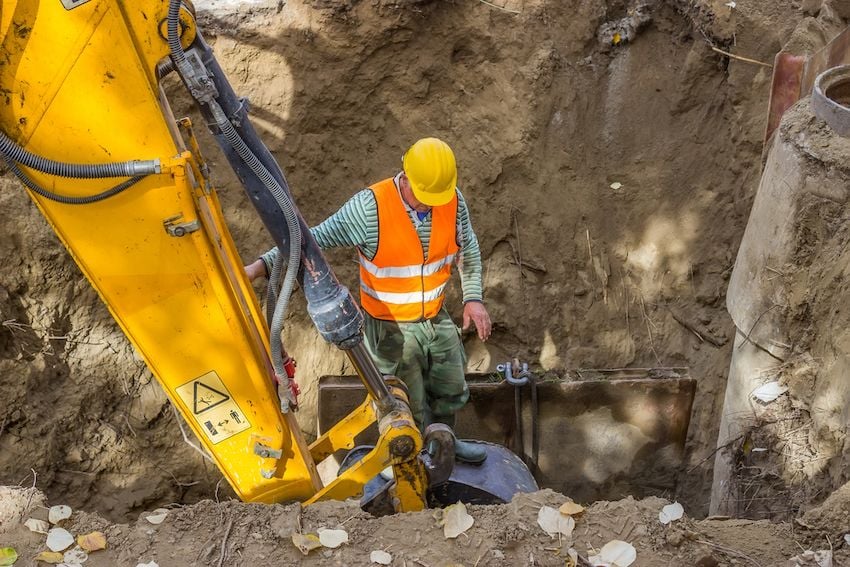A year ago, no one anticipated COVID-19. A utility’s mandate was simple: design stable, predictable operational programs to maximize the safety, reliability, and affordability of energy delivery. That was before the premise of stability and predictability was flipped on its head. From floods to wildfires, and now to a pandemic, designing rigorous, agile, and innovative operational programs is critical for upholding community safety. During COVID-19, gas utilities are putting this philosophy into practice by adapting their damage prevention programs to keep people safe amid heightened uncertainty.
Broadly, the heroic response from essential employees at utilities has been astounding: Front-line workers are putting their lives on the line to ensure we all have uninterrupted power and gas. Some utilities are manufacturing and distributing masks for healthcare facilities. Perhaps most incredibly, utility employees are volunteering to live at work, away from their families.
With regard to pipeline integrity, preventing excavation damage to underground assets is just as important as ever. For an operator under normal circumstances, responding to all the dig requests from homeowners and contractors can be challenging. Doing so during a pandemic that has strained utility resources and shaken existing processes, is herculean.
Utilities are being forced to reinvent their damage prevention programs to reduce risk.
Damage prevention has received a considerable amount of attention at the regulatory level. On May 20, PHMSA encouraged states to consider suspending certain enforcement efforts. Since then, many states such as Texas, Florida, and Georgia are allowing underground operators to file for an exemption from damage prevention rules that mandate locating and marking within 48 hours of an excavator calling 811. At the same time, utilities and regulatory bodies are both pleading with the public to halt construction projects until operations are back to normal.
Despite these concerted efforts, one of Urbint’s utility clients is finding that, because homeowners are spending more time at home, yard work and other DIY activities are increasing. Homeowners are generally less likely to call 811 before they dig than professional excavators are, which raises the risk that they will hit an underground asset.
That same utility is also observing that excavators in their area are taking advantage of the pandemic to try to get more work done while streets are empty –– they're only seeing a 3% drop in 811 ticket volume compared to last year. They anticipate ticket volume actually to go up despite calls to delay construction. At the same time, for those areas where construction is slowing down, many utilities are expecting the backlog to create a steep ramp-up of excavation activity as the economy opens back up. If this happens, it could mean a magnitude of excavations that operators are not accustomed to dealing with, even with a fully available workforce.
Within utility operating units, field resources are being constricted as supervisors balance protecting their workforce from the coronavirus with protecting the community from damage-related incidents.
All these factors contribute to a dramatic shift in the challenges facing utility damage prevention programs, requiring rapid adaptation in response to the uncertainty. At Urbint, we’re responding by evolving our predictive solutions quickly to support utilities as they navigate this difficult period.
Within the last month we have deployed new Consequence Scoring technology to pinpoint the highest impact excavation damages by giving unprecedented awareness to the environment surrounding risky activity.
Southern Company has seen success in integrating this technology with their damage prevention resources. During the pandemic, Consequence Scoring has been able to alert their field staff if an excavation is happening near a healthcare facility like a hospital or nursing home. This has allowed Southern to prioritize those instances and intervene to prevent an incident from impacting these critical facilities. As utilities across the country face similar challenges, sharing these adaptive practices can help protect the integrity of our infrastructure and keep our communities safe.
To learn more about how Southern Company is working with Urbint to keep communities safe during the pandemic, come to our joint webinar on Wednesday, 4/29 at 2:00 PM ET.

